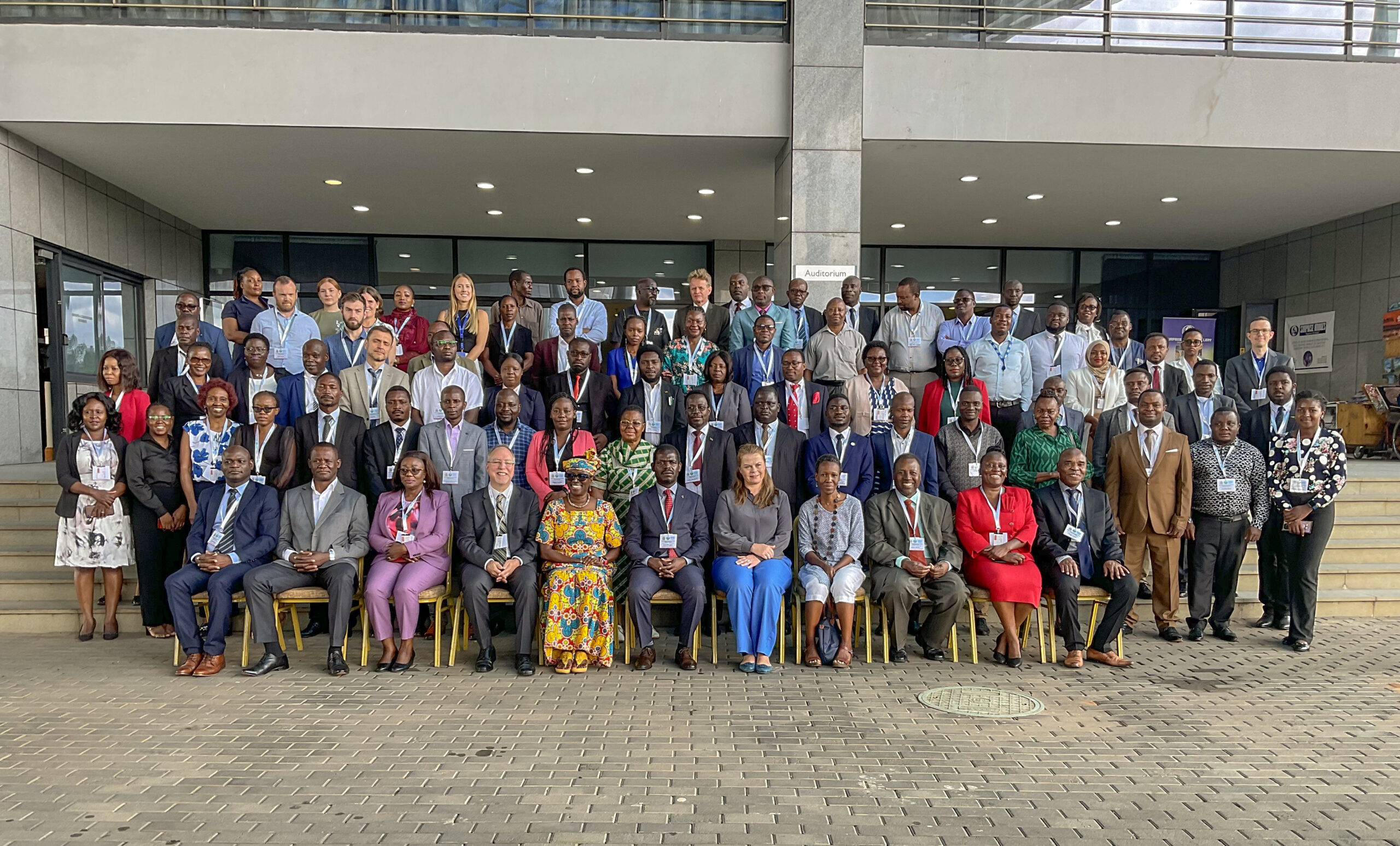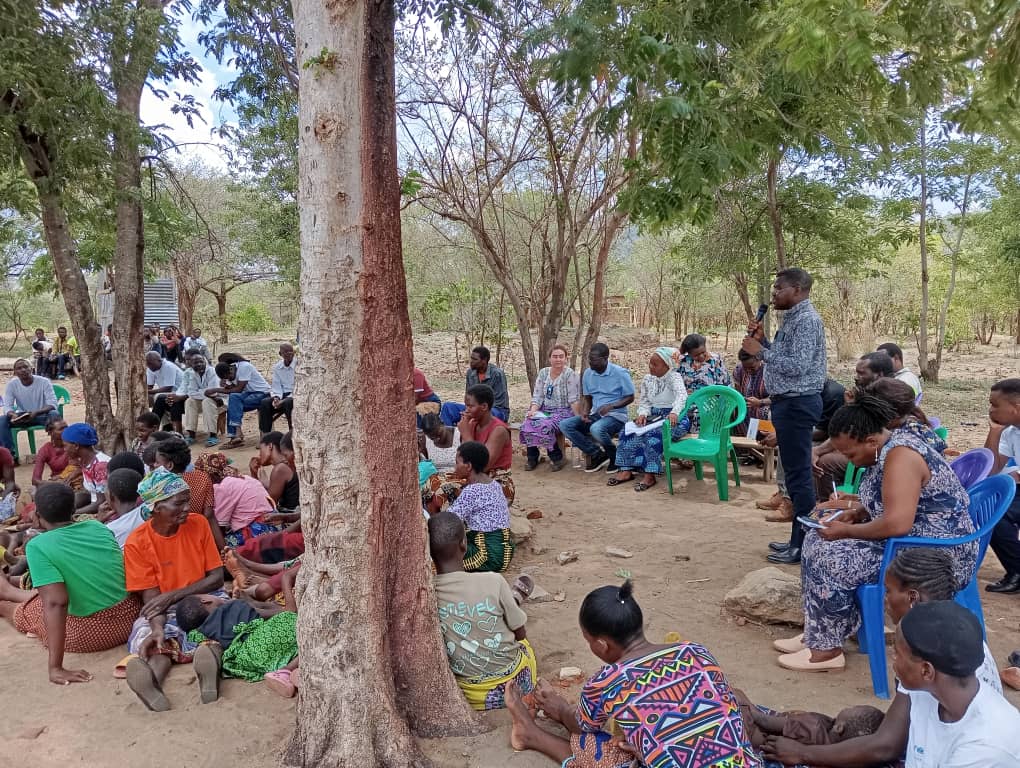Production of the National State of the Environment and Outlook report

Malawi is in the process of producing the next National State of the Environment and Outlook Report and the Malawi Environment Protection Authority (MEPA) being the principal agency for the protection and management of the environment and sustainable utilization of natural resources in the country is taking centre stage in all the activities towards production of the report.
To begin with, MEPA in conjunction with the UN Environment Programme (UNEP) and GRID – Arendal with support from the Norwegian Government organized a three-day training on Integrated Environmental Assessment (IEA) in Lilongwe in March this year which was followed by a Scoping meeting that was held in May to review the draft scoping document and agree on proposed content of the report. Later, in August MEPA and stakeholders held an inception meeting which brought together chapter authors including the academia to expand the annotated outline of the report and hone skills on how to draft the report to ensure that the upcoming Malawi NSEOR provides a comprehensive assessment of the environmental landscape and challenges for Malawi.
TheIntegrated Environmental Assessment (IEA) training aimed to dialogue with Malawi’s environmental professionals on principles and approaches for developing the state of the environment and to establish organizational arrangements for the production of the next report which will will replace the current report published in 2010.
The training attracted participants from diverse sectors, including environmentalists, academia, civil society, policymakers, and environmental journalists, underscoring the importance of collective efforts in addressing environmental challenges facing the country.
The training was opened by Minister of Natural Resources and Climate Change, Dr. Michael Usi who was the Guest of Honour at the opening ceremony held at the Bingu International Convention Centre (BICC) in Lilongwe. He was joined by the UN Resident Coordinator for Malawi, Ms. Rebecca Adda-Dontoh; the Norwegian Head of Development Cooperation in Malawi, Ms. Siri Frette Allsted; the Secretary for Natural Resources and Climate Change, Dr. Yusuf Mkungula, who spoke in their capacities prior to the Minister’s opening address.
Other key dignitaries included Mr. Pierre Boileau, UNEP Head of Global Environment Outlook; Mr. Clever Mafuta, Head of Programme, Waste and Marine Litter, GRID Arendal; Dr. Robert Kafakoma, MEPA Board Chairman; and Ms. Tawonga Mbale-Luka, Acting Director-General for MEPA.
In his opening address, the Minister spoke highly of the training, stating that it clearly reflected the country’s collective commitment to fostering sustainable development and ensuring the responsible management of natural resources.
“The integrated assessment for the production of the Malawi State of the Environment and Outlook Report is a testament to our dedication to understanding, preserving, and enhancing our environment. This comprehensive approach will empower us to make informed decisions, develop effective policies, and implement strategies that safeguard our natural heritage for current and future generations,” Dr. Usi said.
Additionally, Dr. Usi informed the gathering that the report would serve as a valuable resource for government agencies, policymakers, researchers, and other stakeholders involved in environmental management.
He therefore urged participants to ensure that the report produced not only acted as a tool for evidence-based policymaking but also served as a compass, guiding the nation towards the attainment of Sustainable Development Goals (SDGs) and the aspirations in our development agenda, the Malawi 2063.
“The insights generated through this process should not only contribute to the Malawi State of Environmental and Outlook Report but also guide us in formulating policies that balance economic development with environmental conservation,” Dr. Usi emphasized.
Recognizing that the report would come from scientific expertise, the Minister stressed the need for effective communication to ensure that complex issues are easily understood by a diverse audience.
“I call upon the participants to reflect on the interconnectedness of ecosystems, for us to communicate effectively to our audiences, including the communities we serve,” the Minister appealed.
The Malawi Environment Act empowers MEPA to coordinate and monitor all activities concerning the protection and management of the environment and the conservation and sustainable utilization of natural resources.


